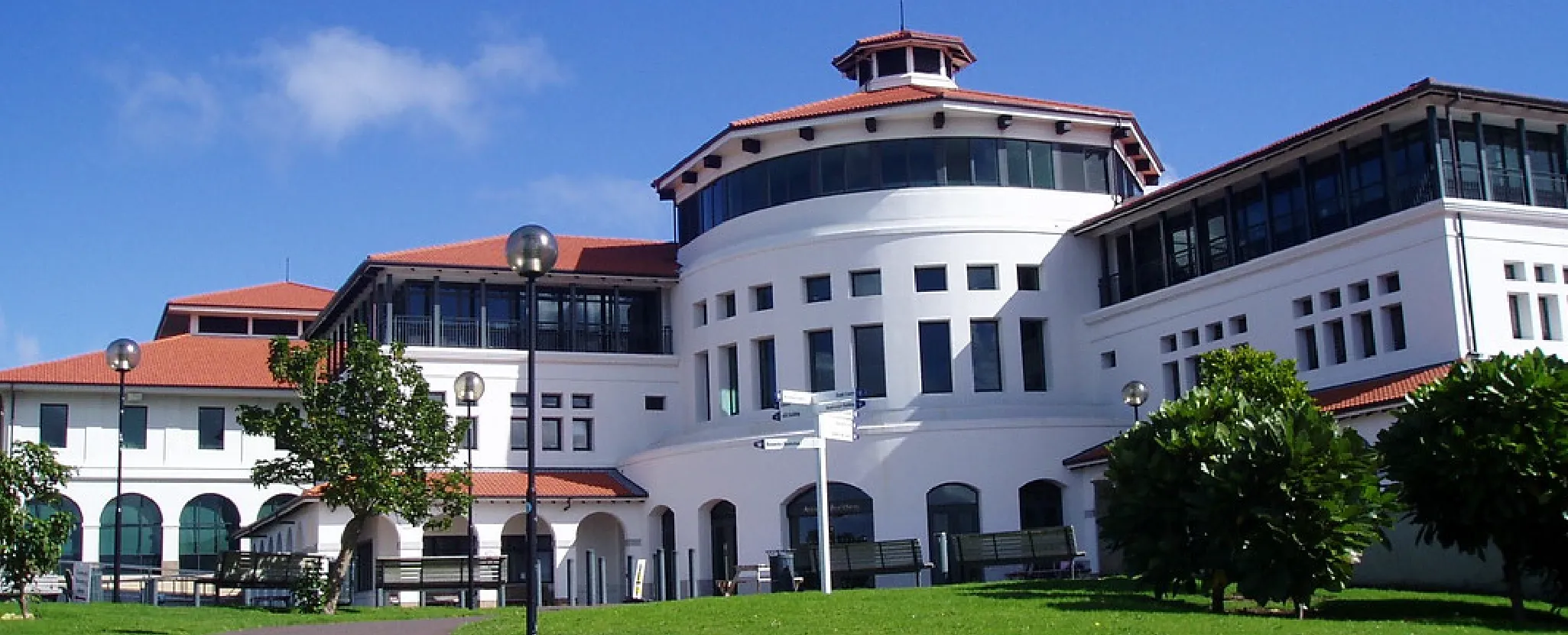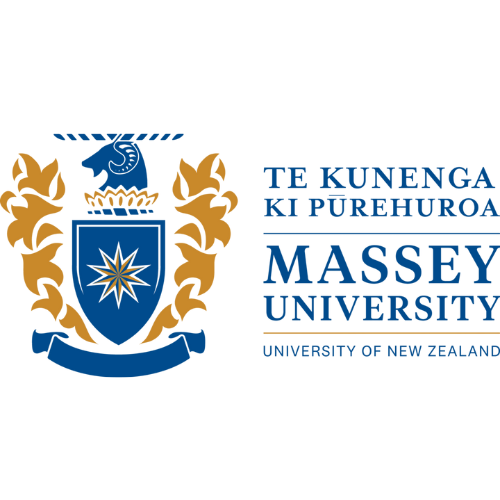About
The BEng (Hons) Electrical and Electronic Engineering aims to develop Engineers with a broad understanding of current technology and practice trends in Electrical and Electronic Engineering, covering a wide range of topics related to power and electronic systems. This discipline encompasses a wide skills base and the course equips graduates with the knowledge, skills, professionalism and confidence to thrive in the always-evolving field of Electrical and Electronic Engineering, as well as gaining the transferrable skills to find employment in a diverse set of industrial, commercial and research sectors. Through special option modules, this course can provide graduates with expertise and specialisation in areas which are rapidly evolving and have, possibly, the highest employability potential in Engineering: > Telecommunications and Mobile Technologies > Renewable and Sustainable Energy Systems Employability is central to our degree provision and through this programme students will develop the necessary electrical and electronic engineering skills to ensure their successful career in this field.
Apply NowUniversity of Central Lancashire
Main campus: Larnaka, Cyprus2001–2500+
University of Central Lancashire
Key information
Duration
Full-time
4 years
Start date & application deadlines
Starting Date
June, October
August, December
Language
English
Credits
240 credits
Delivered
On Campus
Campus Location
Larnaka, Cyprus
Disciplines
Engineering & Technology
Explore more key information Visit programme website
Overview
The BEng (Hons) Electrical and Electronic Engineering aims to develop Engineers with a broad understanding of current technology and practice trends in Electrical and Electronic Engineering, covering a wide range of topics related to power and electronic systems. This discipline encompasses a wide skills base and the course equips graduates with the knowledge, skills, professionalism and confidence to thrive in the always-evolving field of Electrical and Electronic Engineering, as well as gaining the transferrable skills to find employment in a diverse set of industrial, commercial and research sectors.
Through special option modules, this course can provide graduates with expertise and specialisation in areas which are rapidly evolving and have, possibly, the highest employability potential in Engineering:
> Telecommunications and Mobile Technologies
> Renewable and Sustainable Energy Systems
Employability is central to our degree provision and through this programme students will develop the necessary electrical and electronic engineering skills to ensure their successful career in this field. Course delivery allows students to concentrate in their chosen area depending on module choices, including Telecommunications, Mobile Technologies, Renewable Energy Systems, Digital Design, Electronics and Power Systems. This ensures their studies are shaped to suit their career aspirations.
Programme Structure
Electrical and Electronic Engineering graduates are in greater demand more than ever, which means the possible career options are varied. Graduates could be employed in many different industry sectors including but not limited to, electronics, IT, energy, power, transportation, telecommunications, and consumer electronics, as well as in research and development.
Electronics Design Engineer
Focus: Designing and developing electronic circuits, systems, and devices for consumer electronics, automotive, and industrial applications.
Power Systems Engineer
Focus: Designing, maintaining, and improving power generation, transmission, and distribution systems.
Automation Engineer
Focus: Developing automation and control systems for manufacturing, robotics, and industrial processes.
Telecom Engineer
Focus: Designing and maintaining communication networks, including mobile, satellite, and fiber-optic systems.
Academic requirements
Here is grading score requirements for this programme.
English requirements
Tuition Fee
Here’s what we charge for tuition.
The living costs include the total expenses per month, covering accommodation, public transportation, utilities (electricity, internet), books and groceries.
Scholarships Information
As you're from Bangladesh, the scholarships below match your eligibility.
Available Scholarships
You are eligible to apply for these scholarships but a selection process will still be applied by the provider.
Visa information
Student Visas for Cyprus
Are you from Bangladesh? You’ll likely need a student visa to study in Cyprus.
No worries, we’re here to help you get ready! Here’s what you need to know and do:
-
Check if you need a student visa
-
As a Bangladeshi planning full-time study in Cyprus, you generally need a student visa.
-
-
Visit the official Cyprus Ministry of Interior website
-
Find the latest, most reliable info on visa procedures, requirements, fees, and timelines.
-
Bookmark and review it carefully.
-
-
Watch the deadlines
-
Visa processing can take several weeks.
-
Cyprus universities have fixed intake periods—missing deadlines may delay your enrollment.
-
Start your application early.
-
-
Prepare your paperwork
You’ll likely need:-
Valid passport
-
Letter of acceptance or Confirmation of Enrollment from a Cypriot institution
-
Completed visa application form (online or at embassy)
-
Proof of financial support for tuition and living costs
-
Health insurance valid in Cyprus
-
Academic transcripts and certificates
-
Proof of English proficiency (IELTS, TOEFL, or equivalent)
-
Medical certificate and police clearance (if requested)
-
-
Show proof of finances
-
Demonstrate you can cover tuition fees, accommodation, living expenses, and travel costs.
-
Prepare recent bank statements or financial sponsorship documents.
-
-
Improve your English skills
-
Even if you already have test scores, keep practicing for better communication and study success.
-
Getting your Cyprus student visa may feel like a lot — but it’s a vital step toward an amazing international study experience.
Good luck!
Work Permit
Find out all you need to know about work permit regulations for studying part-time (during studies) and full-time (after studies) in Cyprus.
Work while studying in Cyprus
If you’re an international student in Cyprus, you may need a separate work permit to combine studying with working in Cyprus.
| How can I apply? Work rights are not automatically granted with your student residence permit in Cyprus. You must apply for a work permit separately if you want to work during your studies. Speak to your university’s international student office or advisor for guidance. |
Application requirements
|

| Duration of work permit The work permit remains valid as long as your student residence permit is valid and you maintain enrollment at your university. |
Maximum hours of work per week
|
|
Required documents
|





